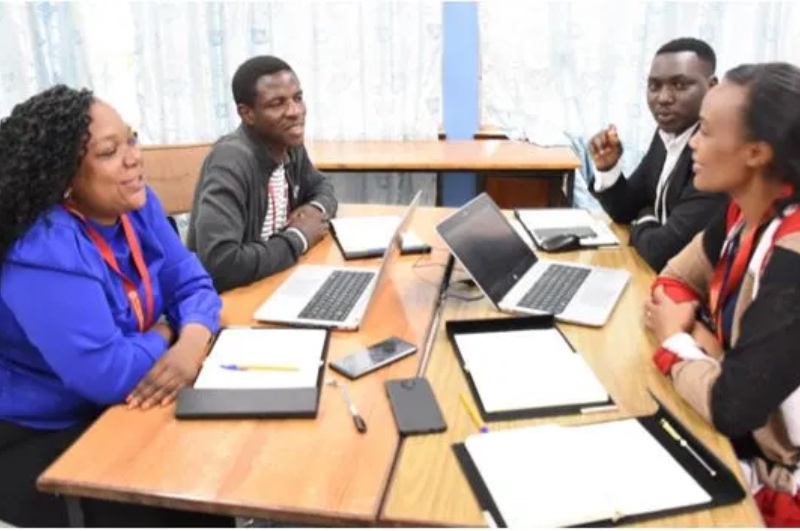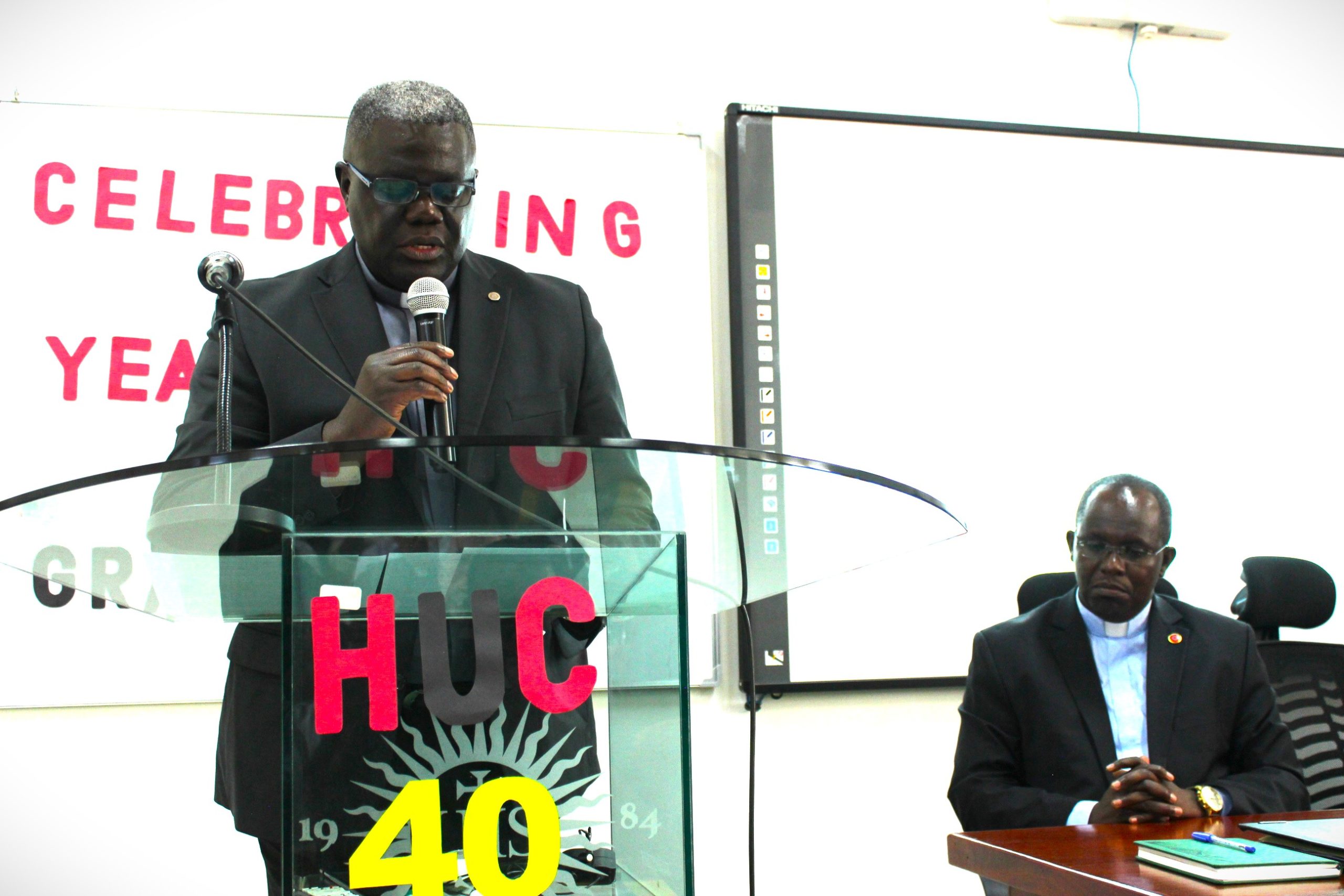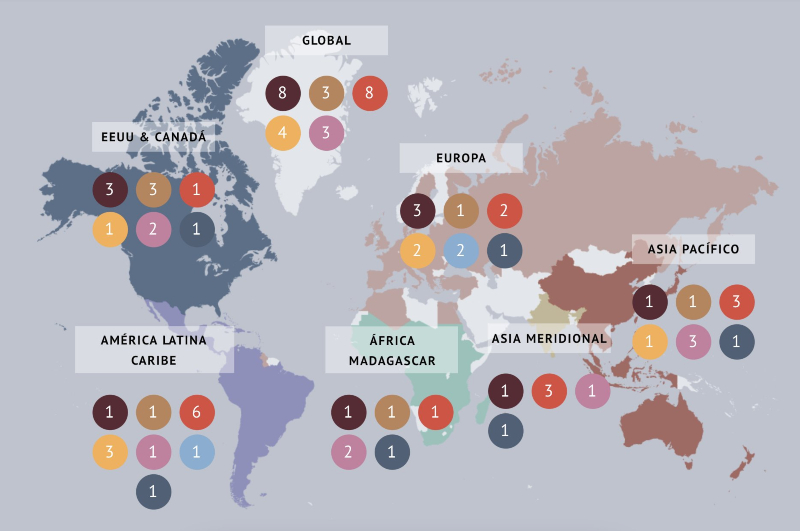


In 2012, for the first time in the history of the Society of Jesus, the International Colloquium on Jesuit Secondary Education was held.
This was followed by others in 2014 (International Seminar on Ignatian Pedagogy and Spirituality, SIPEI) and 2017 (JESEDU-Rio2017), and one was planned for 2020 (JESEDU-Jogja2020), which had to be adjusted to the context of the pandemic. Finally, one year later and in a virtual format, JESEDU-Global2021 was successfully held, which with the slogan The Global Jesuit Network of Schools: Discerning for a Hope-Filled Future invites us to action in a context so in need of it.
Throughout this time, lessons and experiences have been gathered that have helped to improve the next meeting. In Jesuit Network we talk about some of the keys to the success of a colloquium that brings together the six Jesuit conferences, the Secretariat for Education and the International Commission for the Apostolate of Jesuit Education, in order to serve as a learning experience and inspiration for other networks and institutions.
How to structure an event that aims to bring together half a thousand education professionals from all corners of the world? How to dynamise a meeting of such dimensions and call to action?
The event, organised by Educate Magis, is aimed at members of the leadership teams of Jesuit schools. First of all, they were invited for a global reflection in what was called a virtual pre-colloquium. Through the web platform set up for this purpose, they were invited to share around the four main themes of the event:
– Educating for faith
– Educating for depth
– Educating for reconciliation
– Educating for global citizenship
These contributions became a collaborative conversation: Educate Magis encouraged us to reflect on what other colleagues shared, based on their experiences and realities. The fruits of the reflections and conversations from the reflection modules were collected and synthesised to preserve this learning.
On 28 July, the colloquium was officially launched and more than 400 Jesuit school leaders from around the world attended the opening ceremony. Not only was the agenda for the following days presented, but there was also an opportunity to meet colleagues from other Jesuit schools in virtual rooms. Other members of the global community, Father General and students from the Jesuit Conference of Asia Pacific also participated.
This day was the prelude to the discernment circles, groups of about 20 people from different regions who met to exchange ideas and reactions on the presentations of the reflection modules, as well as their own experiences with other Ignatian educators. The lines of conversation guided the whole event: educating for faith, depth, reconciliation and global citizenship.
The closing ceremony featured the fruits of the reflections shared throughout the pre-colloquium and discernment circles, as well as presentations prepared by students and alumni from Jesuit schools around the world.
Finally, the participants gather in their regional groups for a conversation on the lines of action and regional collaborations resulting from what has been discussed and learned in the colloquium, so as to concretise their implementation. There are six regional conversations, held separately and organised by the respective ICAJE delegates, North America, Latin America, Europe, Africa and Madagascar, South Asia and Asia Pacific.
Some key facilitators of collaboration in a virtual eventOn the one hand, the different meeting points: group reflections, a space beforehand to share individual reflections, discernment groups and regional conversations to concretise actions. Each process has a stage and a specific place and time is set for it.
On the other hand, technology is used not only to solve the context we are going through, but also to reach more people, experiment with other formats, make participation more flexible and create different meeting spaces.
Finally, it is important to focus and generate conversation around a few key themes. Months before the colloquium, these four lines (educating for faith, depth, reconciliation and global citizenship) were already known to all participants and were the pivots of the whole event.
As a meeting point between networks, the Jesuit Network wants to gather lessons and experiences from the Jesuit network that can help and inspire others. Whether you have been an organiser, collaborator or assistant in this event or in other similar ones, if you want to share your experience, it is more than welcome —together, we learn more!
Republished from: Jesuit NetworkingRelated Articles
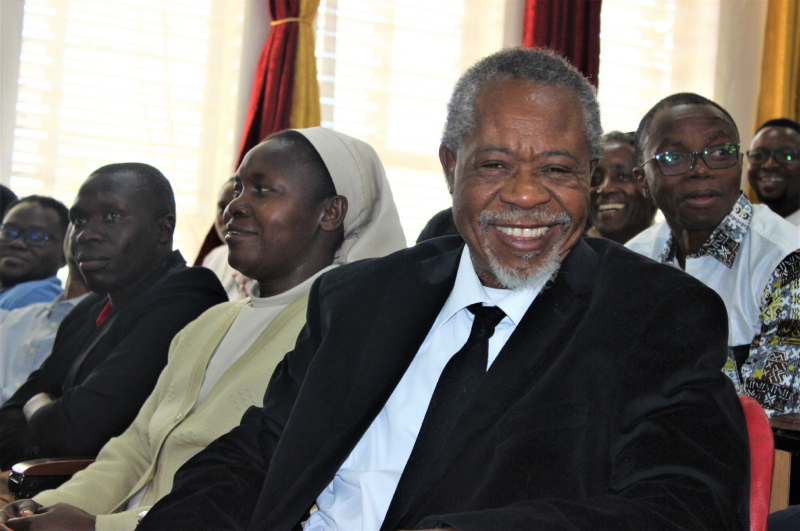
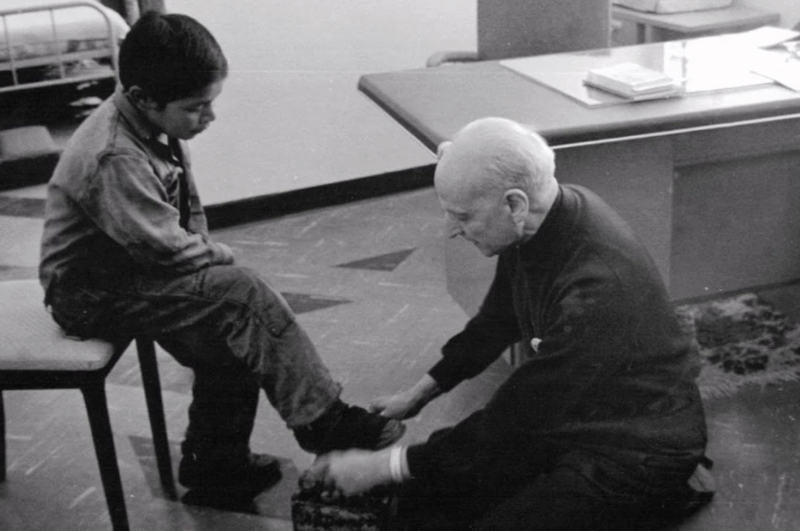
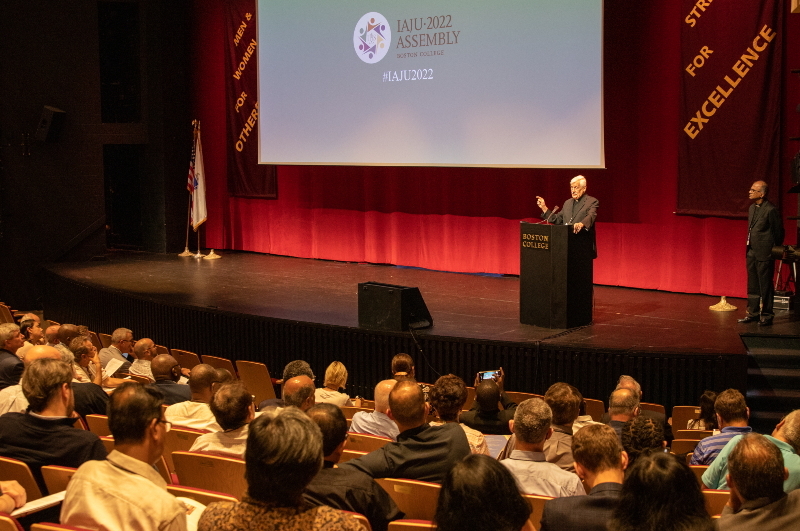
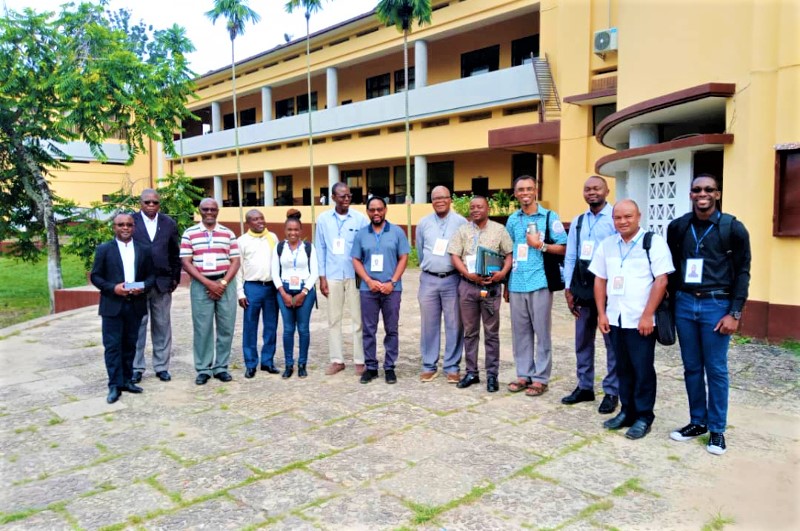
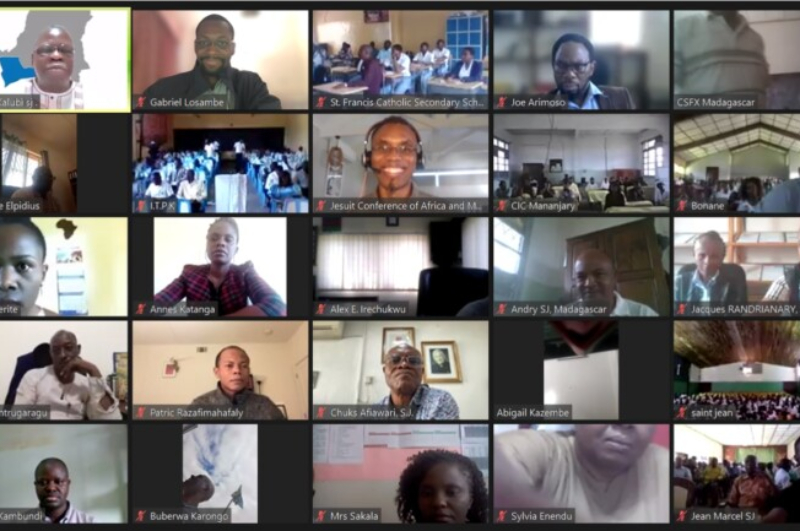

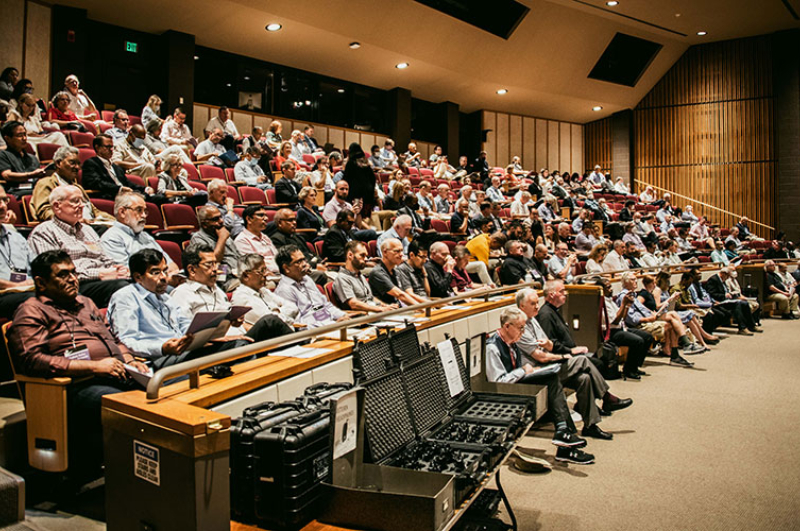
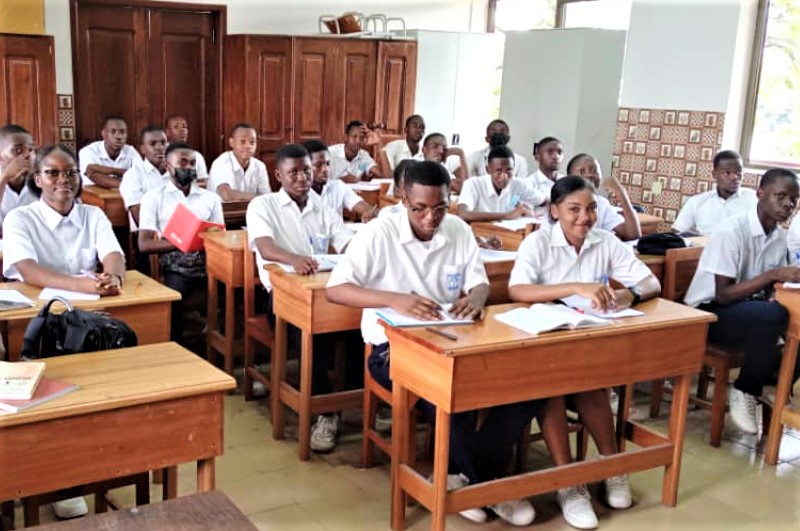
Select Payment Method
Pay by bank transfer
If you wish to make a donation by direct bank transfer please contact Fr Paul Hamill SJ treasurer@jesuits.africa. Fr Paul will get in touch with you about the best method of transfer for you and share account details with you. Donations can be one-off gifts or of any frequency; for example, you might wish to become a regular monthly donor of small amounts; that sort of reliable income can allow for very welcome forward planning in the development of the Society’s works in Africa and Madagascar.
Often it is easier to send a donation to an office within your own country and Fr Paul can advise on how that might be done. In some countries this kind of giving can also be recognised for tax relief and the necessary receipts will be issued.


